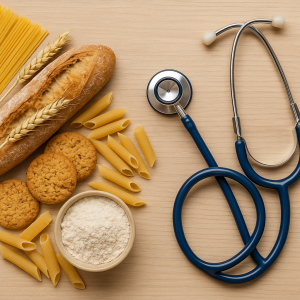 There have been many debates surrounding the safety of aspartame. However, it should be noted that it is completely safe as it is made up of two amino acids, aspartic acid and phenylalanine, which are also found in natural foods.
There have been many debates surrounding the safety of aspartame. However, it should be noted that it is completely safe as it is made up of two amino acids, aspartic acid and phenylalanine, which are also found in natural foods.
Aspartame is an artificial sweetener that is commonly used as a sugar substitute in food and beverages. It is about 200 times sweeter than sugar, so a very small amount is needed to sweeten a product. It was first approved for use in food products in the United States in 1981. It is commonly found in diet or low-calorie drinks and foods. Research indicates that it is safe for health.
Aspartame is a non-saccharide artificial sweetener made of two amino acids, aspartic acid and phenylalanine. These two amino acids are naturally occurring compounds that are found in many foods, including meats, dairy products, and certain fruits and vegetables. Aspartame is created by combining these two amino acids. When consumed, aspartame breaks down into these two amino acids.
Article continued below
Aspartic acid is found in a variety of natural sources including:
- Meat and fish
- Dairy products
- Nuts and seeds
- Legumes
- Fruits and vegetables
- Grains and cereals
Phenylalanine is an amino acid found in many natural sources, including:
- Meat and fish
- Dairy products
- Eggs
- Nuts and seeds
- Legumes
- Whole grains
- Soy products
So, if aspartame was dangerous, then consuming all of the above foods would be dangerous too. Instead, those amino acids actually have health benefits.
Only some people with the extremely rare genetic disorder phenylketonuria (PKU) need to avoid phenylalanine (and aspartame) in their diet, as their bodies cannot properly process it. If somebody has phenylketonuria, will already be aware of it, as their doctor would have also restricted natural sources of phenylalanine in their diet.






